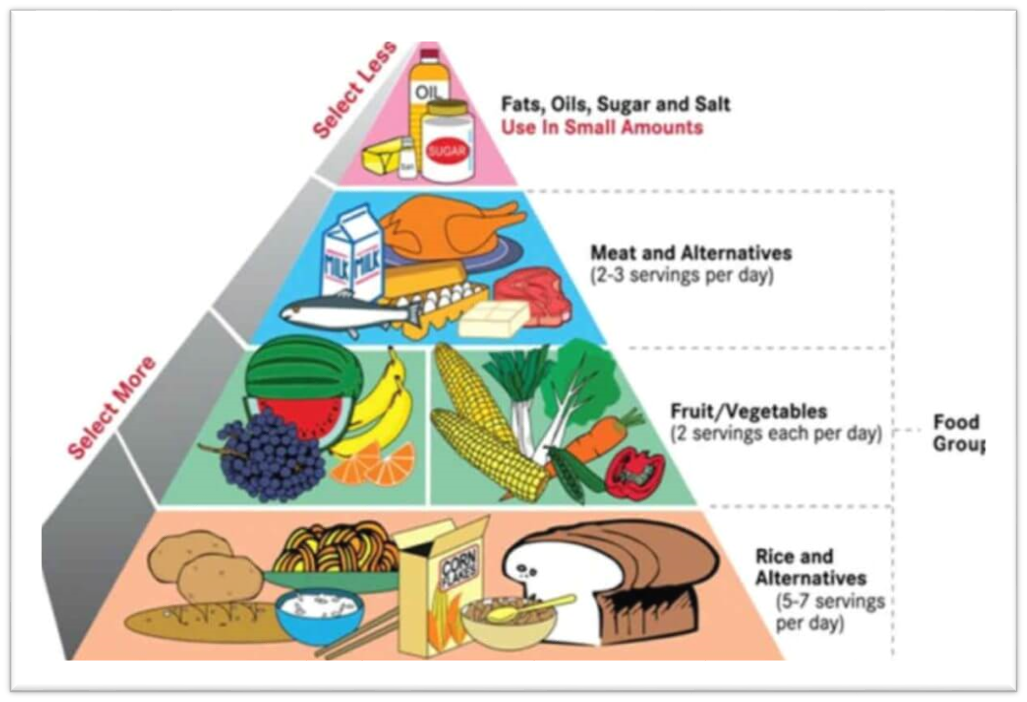News Blast
Your daily source for the latest news and insights.
Eating Your Way to Equilibrium: The Quest for a Balanced Diet
Discover the secrets to a balanced diet and find harmony in your eating habits. Join the journey to delicious health today!
Understanding Macronutrients: The Building Blocks of a Balanced Diet
Macronutrients are essential nutrients that provide us with energy and the building blocks for growth and maintenance of our body. They are typically categorized into three main groups: carbohydrates, proteins, and fats. Each of these macronutrients plays a unique role in our health and well-being. Carbohydrates are the body's primary source of energy, fueling cellular processes and physical activity. Proteins, on the other hand, are crucial for the repair and building of tissues, while fats provide a concentrated source of energy and support cell growth, hormone production, and nutrient absorption.
To achieve a balanced diet, it is important to understand how to appropriately distribute your macronutrient intake. The recommended macronutrient distribution range suggests that 45-65% of your daily calories should come from carbohydrates, 10-35% from proteins, and 20-35% from fats. Incorporating a variety of food sources, such as fruits, vegetables, whole grains, lean meats, and healthy fats, ensures you not only meet your macronutrient needs but also benefit from vitamins and minerals. By understanding and managing your macronutrient intake, you can enhance your overall health, maintain a healthy weight, and optimize your performance in physical activities.

5 Simple Tips for Maintaining Dietary Equilibrium in Daily Life
Maintaining dietary equilibrium is essential for overall health and well-being. Here are 5 simple tips to help you achieve this balance in your daily life:
- Prioritize Variety: Incorporating a wide range of foods in your diet ensures that you receive all necessary nutrients. Aim to include fruits, vegetables, whole grains, and protein sources in your meals.
- Stay Hydrated: Drinking plenty of water throughout the day helps support digestion and keeps your body functioning optimally. Aim for at least eight glasses of water daily.
Another vital aspect of achieving dietary equilibrium is mindful eating. Take your time to savor each bite, and listen to your body's hunger cues. Additionally, consider meal prepping to avoid impulsive eating and ensure you have nutritious options readily available. Lastly, don’t forget the importance of moderation; indulge in your favorite treats occasionally to maintain a healthy balance without feeling deprived.
What Does a Truly Balanced Diet Look Like?
A truly balanced diet encompasses a variety of foods from all food groups, ensuring that the body receives a complete range of essential nutrients. To achieve this balance, it's important to include a mix of fruits, vegetables, whole grains, lean proteins, and healthy fats. A typical meal plate might include:
- Fruits: A serving of fresh or frozen fruits such as berries, bananas, or apples.
- Vegetables: A colorful mix of vegetables like leafy greens, carrots, and bell peppers.
- Proteins: Lean options like chicken, fish, beans, or legumes.
- Grains: Whole grains like brown rice, quinoa, or whole wheat bread.
- Fats: Healthy fats from sources like avocados, nuts, and olive oil.
Moreover, a balanced diet doesn't just focus on what to eat, but also emphasizes the importance of portion control and moderation. It encourages individuals to enjoy a variety of foods rather than restricting themselves to only a few. Incorporating fiber-rich foods, staying hydrated, and limiting processed foods high in sugar and unhealthy fats contribute to overall health. Remember, a balanced diet can vary for different individuals based on factors like age, activity level, and health goals, making it crucial to tailor your eating habits to your personal needs and preferences.